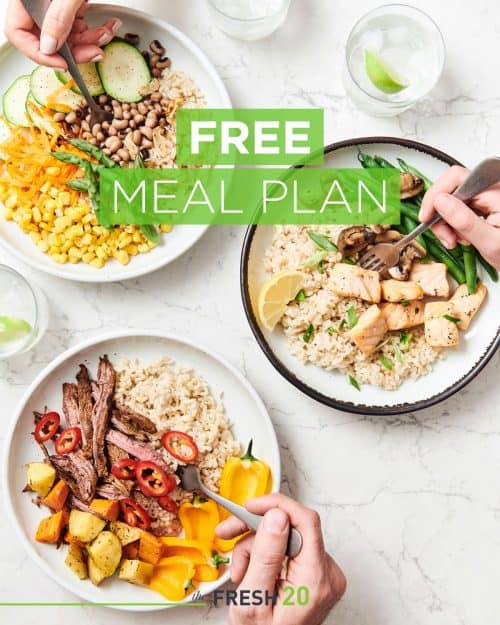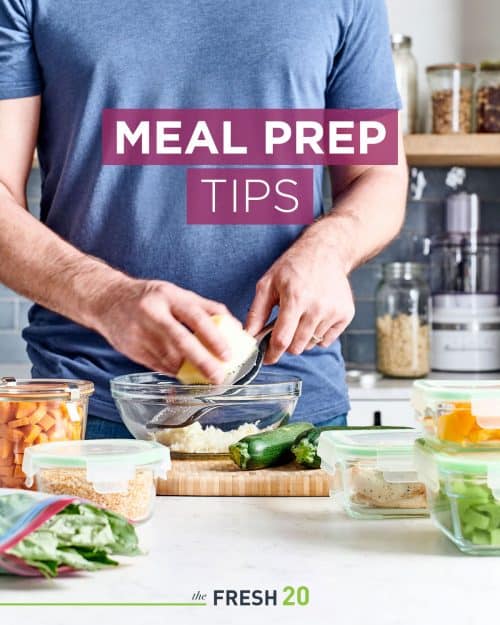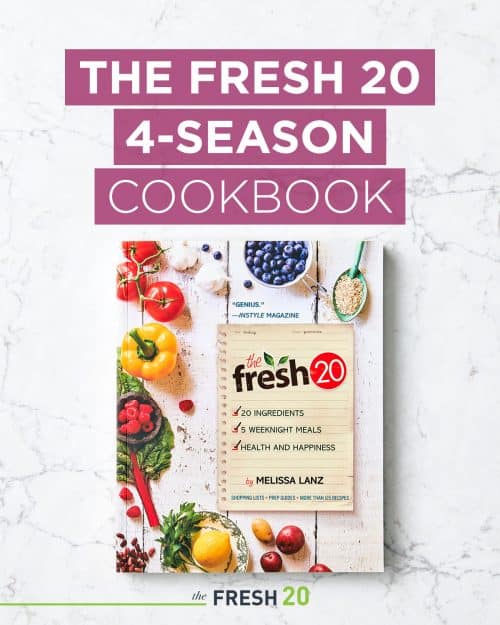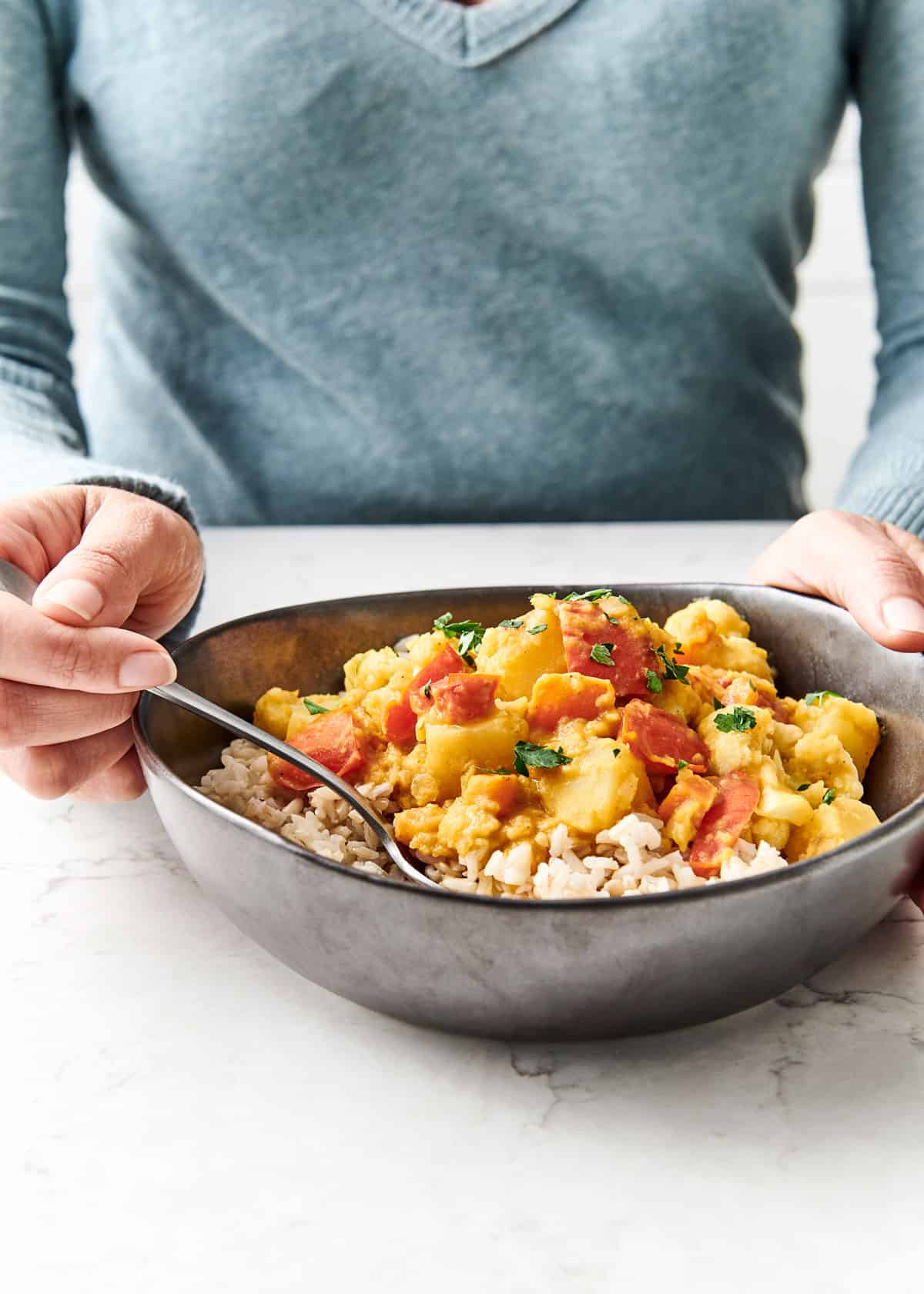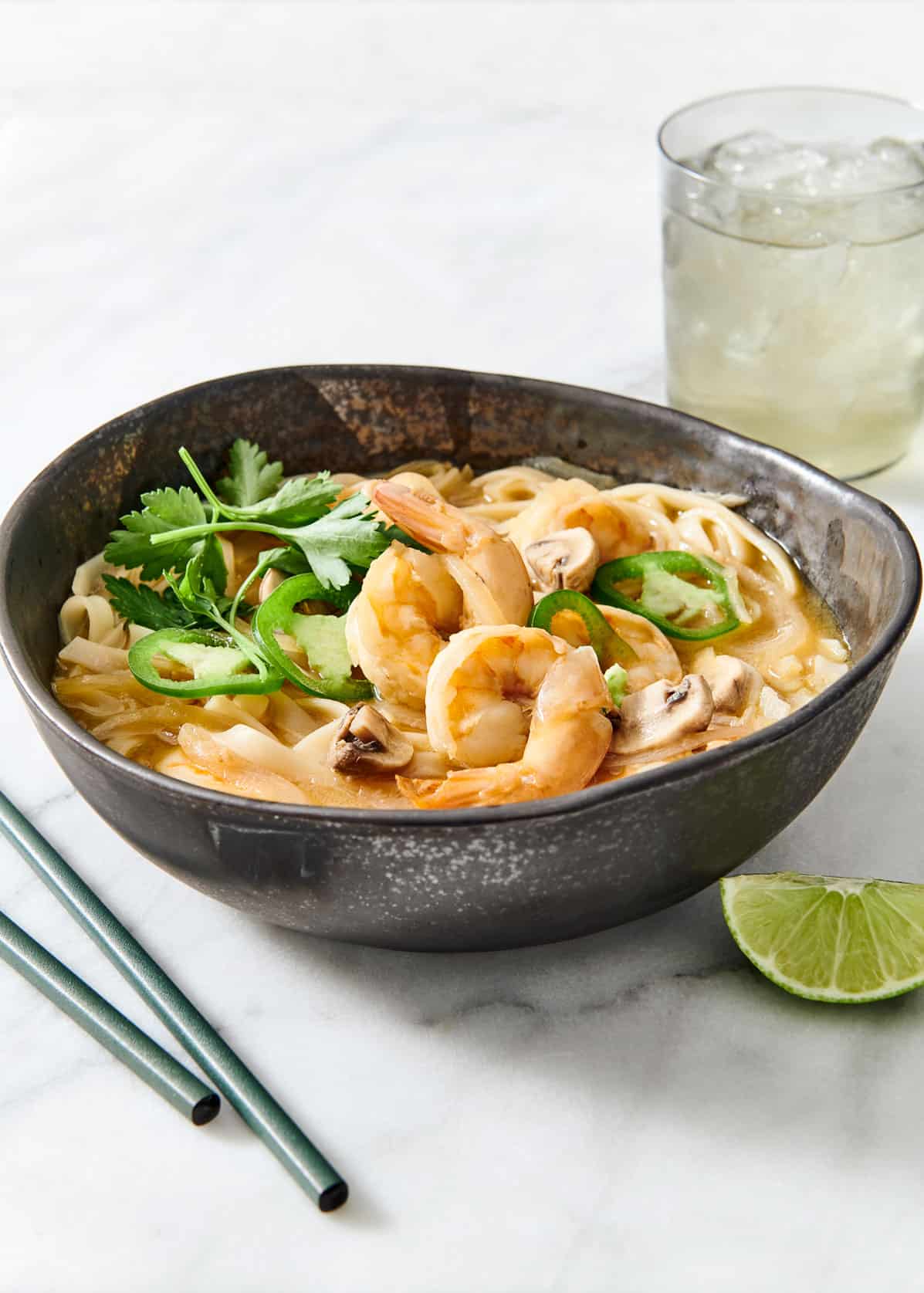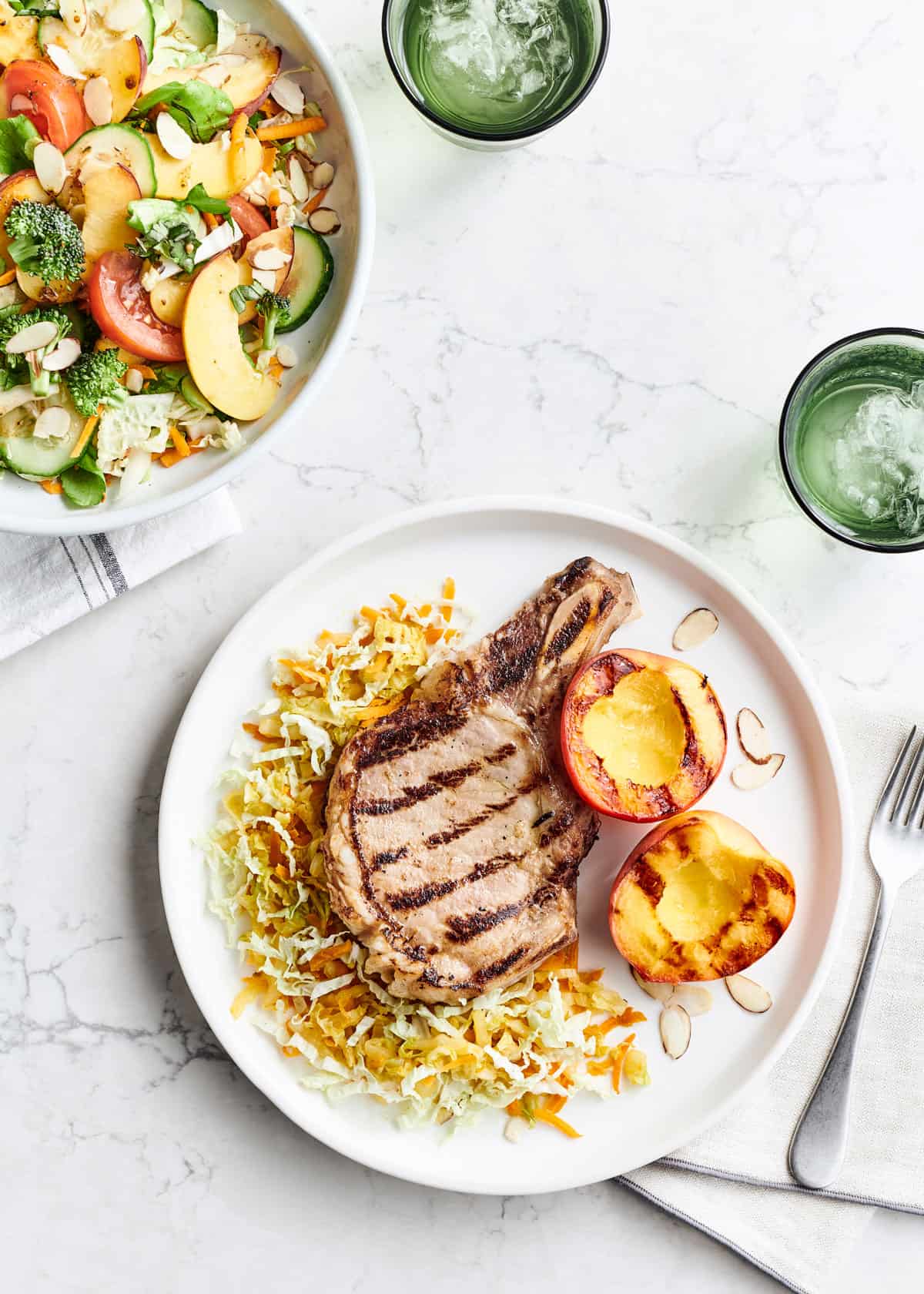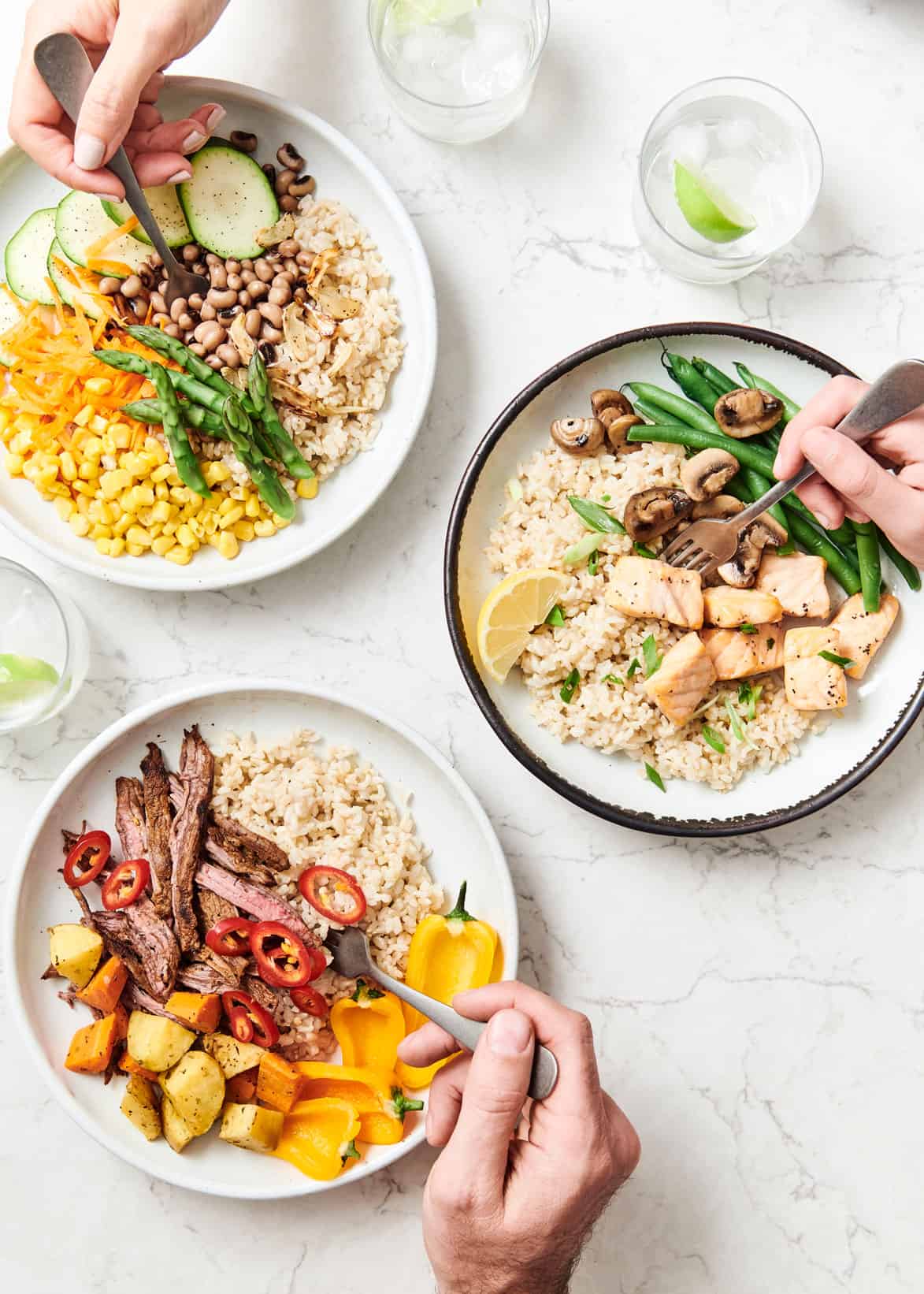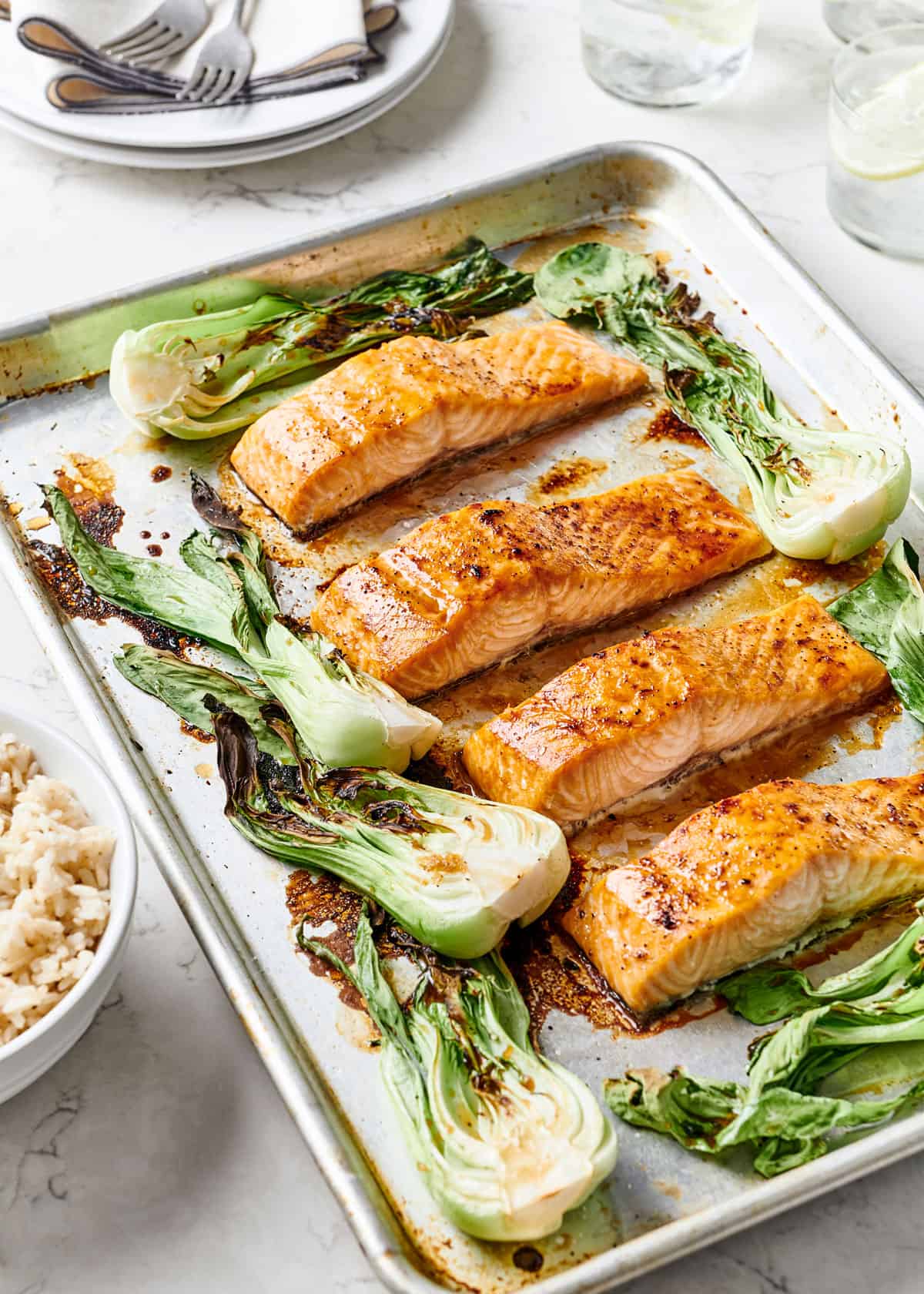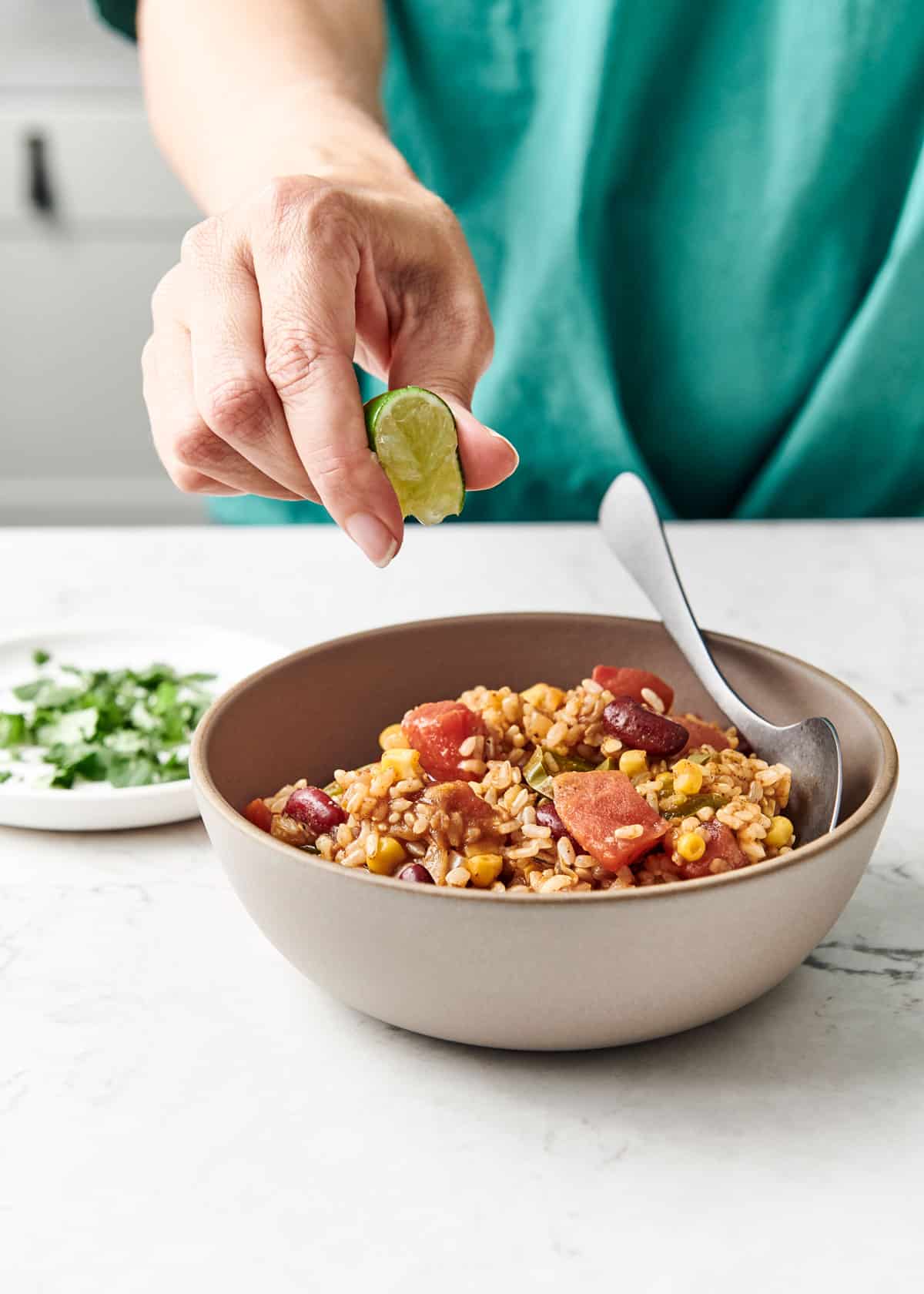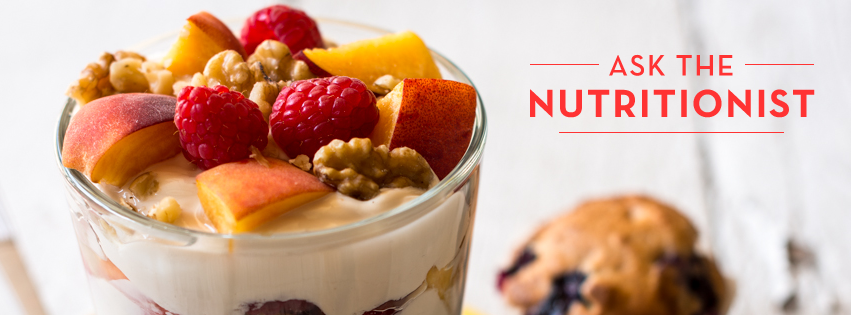
Fresh 20 Nutritionist, Allison Arnett, answers your questions about Nutrition
1. How much protein does a vegetarian need?
The simple answer is, a person who follows a vegetarian or vegan needs the exact same amount of protein as a healthy person (of the same age) following any other dietary plan. Protein is certainly an essential nutrient (meaning our body does not make enough on its own so we need to acquire some from food sources) but we do not need huge quantities of protein and there are plenty healthy sources of plant-based protein. For a healthy adult, the RDA is 0.8gm per kg of body weight (or .36gm per pound). So for a 150-pound adult, that is about 54gm per day. Protein needs increase slightly during periods of growth, stress, and repair and in aging adults, but otherwise remain relatively consistent.
It is a myth that animal products are the only way to get high quality protein. To compare a plant protein to an animal protein: a 3.5oz chicken breast has 30gm protein and ¾ cup of black beans has about 31gm of protein so regardless of your dietary preferences, if you follow a healthy diet, meeting your protein needs should not be challenging. Diets too high in protein might actually be harmful, so stick with the RDA whether you follow a plant based or mixed diet.
2. My teenager’s an athlete, what should their caloric intake be?
This is a great question. I am always glad to see parents take an interest in their teenagers’ nutritional needs. There is no magic number or even average number I can provide as it is all relative to a child’s size and his/her level of activity. The formula that many dietitians use when assessing teenage athletes starts by determining the basic daily needs of a teenager. We then add onto that the calories burned per hour of activity. So for example, a 120lb female swimmer needs about 2200 calories on average a day. Swimming burns about 400-500 calories per hour, so if she swam an hour a day, she would need 2600-2700 calories per day.
In addition to the calories, I always tell young athletes that making healthful decisions is critical to optimal athletic performance. Balance and moderation are two very important terms. Teenage athletes need to have a diet which is: sufficient in calories, high in nutrient dense foods including complex carbohydrates, vegetables and fruit, moderate in protein and low in saturated fat, cholesterol and added sweets. Fluid needs are also important in young athletes so be sure that this is also part of your child’s training plan. The Academy of Nutrition and Dietetics is a great resource to find a local dietitian. I counsel teenage athletes regularly both individually and in small group or team settings.
3. Which is better for you—a potato or brown rice?
In moderate portions both are nutrient rich, naturally low-fat foods. Unadorned potatoes slightly beat brown rice gram for gram when it comes to nutritional value. Calorically, both are about the same with about 200-250 calories per one cup serving. Rice has a bit more protein and iron but, since potatoes are grown underground, they have a very rich micronutrient (vitamin and mineral) content that surpasses rice.
It is important with any starch-containing food to be aware of portion sizes – some potatoes eaten out can be 2-3 servings versus just one and rice is commonly served in 2-cup portions versus a half or one cup. Additionally, be aware of what you choose to decorate these foods. A potato prepared with steamed broccoli and a small sprinkle of Parmesan cheese is a very healthy option but load it with sour cream, butter and bacon and you can turn an otherwise healthy food into a high calorie, high saturated fat dietary disaster!

If you have a nutrition question you’d like Allison to answer in a future post, please submit it in the ‘comments’ section below.








